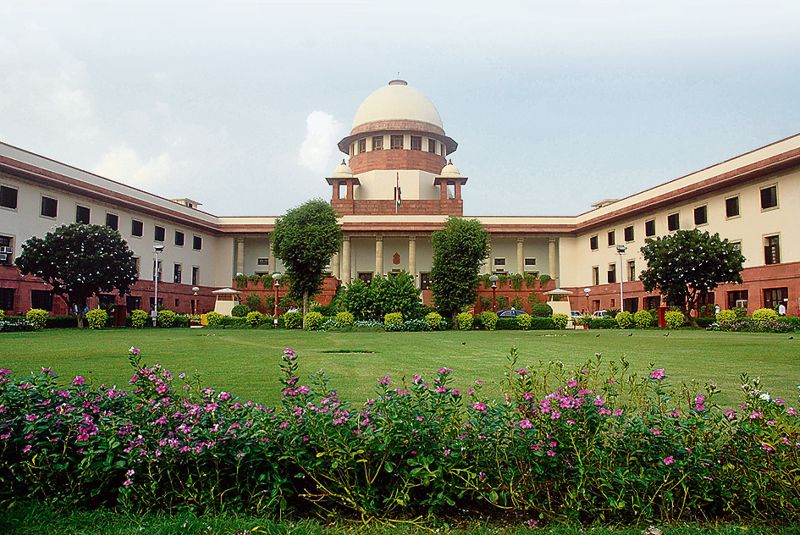
Image Source: tribuneindia
The recent decision by the Supreme Court to eliminate the governors' veto power has sparked widespread discussions and debates across the country. This landmark decision has significant implications for the judicial system and governance as a whole.
Background
Before delving into the implications of this decision, it's crucial to understand the context in which governors wielded veto power. Historically, governors had the authority to veto judicial appointments, leading to concerns about political interference and delays in the appointment process.
The Supreme Court Ruling
The Supreme Court's ruling marks a pivotal moment in judicial reform. By removing governors' veto power in judicial appointments, the Court aims to uphold the independence of the judiciary and streamline the appointment process.
Implications
This decision is poised to have far-reaching implications. It ensures a more transparent and efficient judicial appointment process, free from undue political influence. Additionally, it strengthens the autonomy of the judiciary, fostering a fair and impartial legal system.
Public Reaction and Criticisms
While many laud this decision as a step toward judicial independence, there have been contrasting opinions. Some argue that it could lead to an imbalance of power or undermine federalism, while others see it as a necessary step to modernize the judicial system.
Conclusion
In conclusion, the Supreme Court's decision to eliminate governors' veto power in judicial appointments represents a significant milestone in judicial reform. It reflects a commitment to strengthen the judiciary and ensure its independence, ultimately serving the interests of justice and the rule of law.
For further updates and developments on this issue, stay tuned to reliable sources and legal analyses.